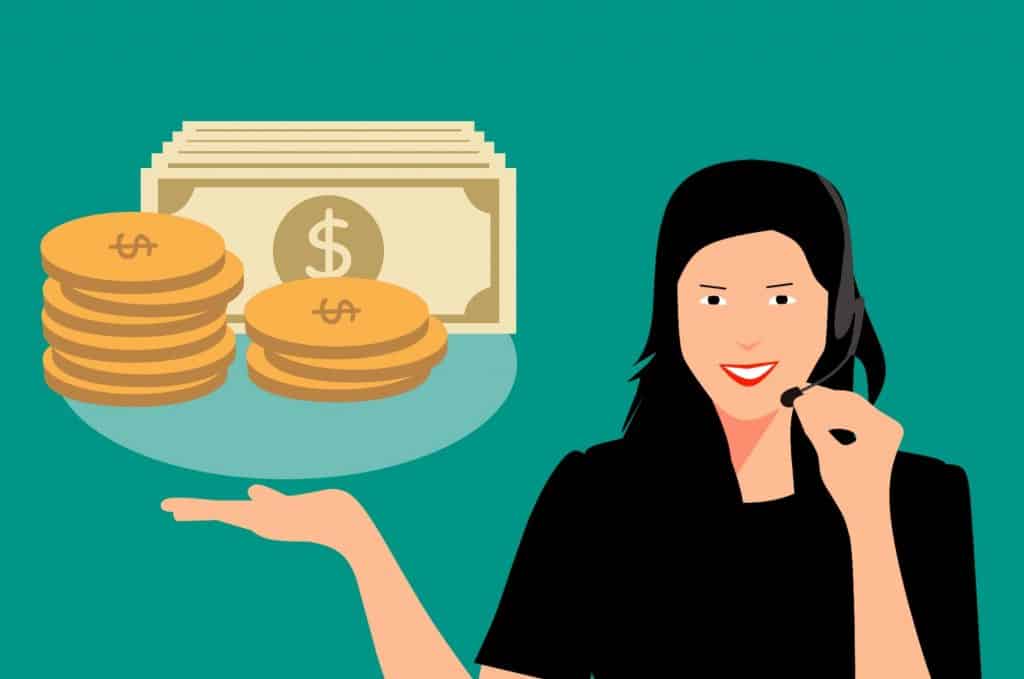In a bizarre paint by numbers exercise, the world map of the corona pandemic is constantly being redrawn as viral hotspots suddenly appear, and others slowly fade away. Until recently relatively immune to corona, Russia is reporting a jump in the infection rate whilst in the United States the virus is spreading quickly into rural areas.
Yesterday, The New York Times revealed its reporters had obtained internal documents from the Centers for Disease Control and Prevention that project a seven-fold increase in the daily number of reported new cases to 200,000 by early June. The number of corona deaths is set to rise as well, reaching 3,000 a day a few weeks from now.
Monitoring the progress of the pandemic as it sweeps the nation, the Institute for Health Metrics and Evaluation (IHME), part of the University of Washington, forecasts a total death toll of about 135,000 by early August though it concludes that the disease will peak in the first half of May. The Trump Administration prefers to take guidance from the more upbeat IHME predictions over the more sombre outlook presented by its own scientists.
President Donald Trump is anxious to get business going, and the economy growing, before the start of the campaign season. The self-proclaimed master of growth and greatness, President Trump has nothing to run on but an economic platform. With the country in the dumps, even the rather uninspiring Joe Biden can enjoy a field day. Mr Trump will need all his resourcefulness, and plenty of bluster as well, to find a silver lining to an otherwise dismal economic outlook.
Americans, given to impatience and always living in the here and now, seem no longer willing to postpone trips to the shopping mall. Restaurants are slowly filling up too and there is talk of reopening large sports venues. States are busy lifting restrictions, encouraged to do so by the federal government and by the news from New York, Chicago, and other hotspots that seem to have contained the outbreak and flattened the curve.
Yet any notion of the pandemic fading away is based on wishful thinking. For every hotspot that gets a grip on the disease, new ones pop up. The virus now appears in rural counties that until recently had not reported any known cases. The Centers for Disease Control and Prevention estimate that states lifting the lockdown restrictions will see a 20 percent or higher spike in the number of infections and hospital admissions.
On average, attempts to control the spread of the virus only yield results after five to six weeks. This is why calling ‘Mission Accomplished’ early, a well-known American habit, is so dangerous: it threatens to undo the sacrifices made by all to contain the virus and battle the disease. In the absence of a vaccine, plenty of patience is needed to ensure the desired outcome. It is a commodity in short supply.
